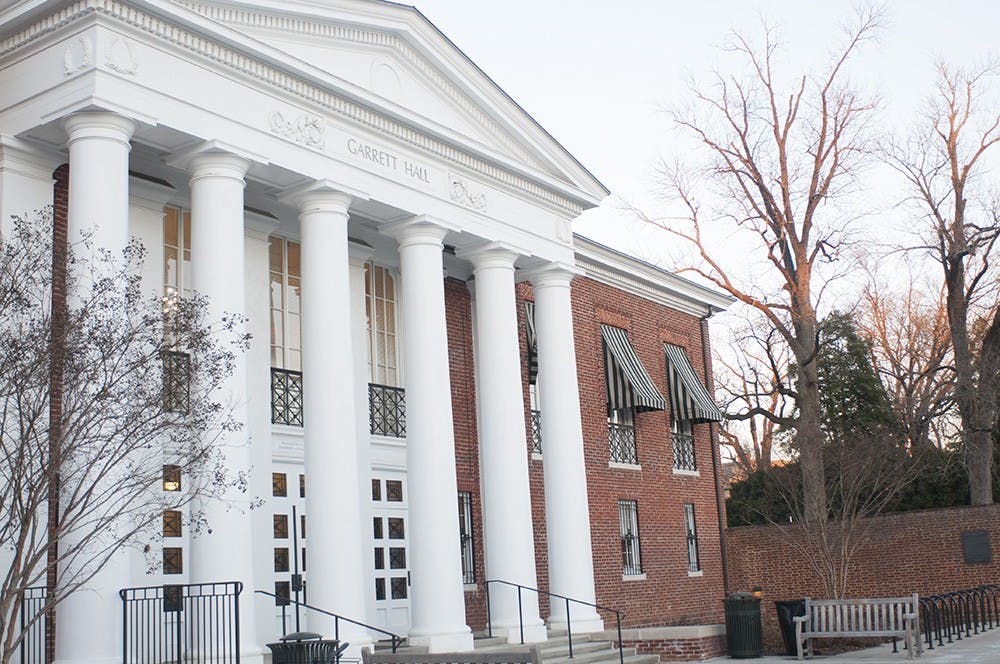The University Frank Batten School of Leadership and Public Policy celebrated Constitution Day Thursday by hosting a speaker and panel to discuss the importance of media and the freedom of speech and press it is afforded.
Pulitzer prize winning journalist Ellen Nakashima gave a keynote speech followed by a panel discussion moderated by Batten School Prof. Marc Ferzan. The panel included Josh Dawsey, a reporter for the Wall Street Journal, Marty Kady, Politico managing editor of policy, Jane Little, partnership editor for Across Women's Lives and Andrew Seidman, a reporter for the Philadelphia Inquirer and a University alumnus.
The keynote address considered the influences of emerging technology on journalism, such as the ubiquity of cell phones. These advancements have lead to instances of greater transparency and have helped foster communication and conversations, Nakashima said, but have come with costs. The rush to publish on platforms like Twitter, for instance, can result in mistakes.
"A lot of what defines good journalism is what we don't publish,” Nakashima said. “That way, readers know what we do publish is true."
A large focus of the subsequent panel was the historical importance of American media in alerting the public to wrongdoing, and discussion of whether media is continuing to effectively fill that role.
"The news media has had the role of watchdog in holding the public and private sectors accountable in exposing instances of waste, fraud and abuses," Ferzan said. “The panelists explained how and why the media is continuing to serve that role effectively, and also highlighted instances where outlets have fallen short."
Part of what the panel discussed was the struggle that news organizations have — even with Constitutional protections — in deciding what is appropriate to publish.
Little touched on issues of religious extremism, and the tension between holding individuals accountable for acts of extremism and potentially giving them too great of a platform for attention.
Seidman said afterwards he thought the panel was very interesting and addressed a lot of interesting subjects, including a question towards the end about differences between American and British media and how news organizations might react to governmental interference.
The panel was particularly illuminating because its participants offered varied perspectives and experiences, Seidman said, both in terms of career duration relative to the rise of digital media and exposure to different reporting environments.
“I hope it gave good insight into what it’s like to be reporter these days — we had a good mix of people,” Seidman said.
Many of the questions posed to the panelists came from students across the University, including the Batten School, the College of Arts and Sciences, the Law School and the Darden School of Business, Ferzan said.
Initial interest for the panel also came in largely from Batten students, who spoke with Ferzan about hard hitting news stories and the importance of the protections news organizations have.
The Batten School has held panels in the past for Constitution Day, and the school administration was quick to get on board with the topic, he said.
Juliana Radovanovich contributed to reporting.







